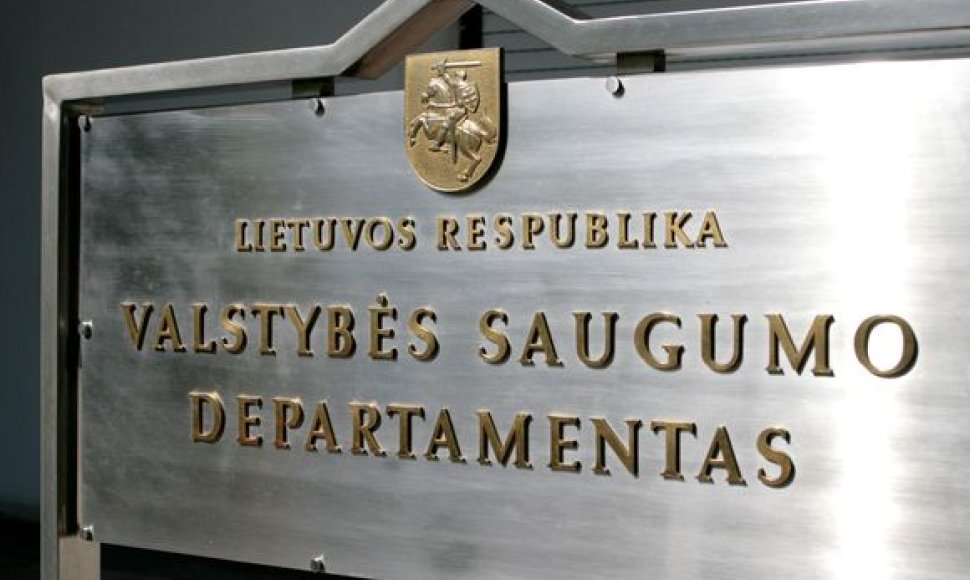"The law solves a number of deep-rooted problems, which were linked to functions that are not characteristic of an intelligence institution. Among them are investigations of financial crimes, participation in management of the country's economic issues, settlement of domestic conflicts, etc. The Intelligence Law once and for all establishes the status of the State Security Department as a non-political institution," the department said in a press release published on its website on Wednesday.
According to the press release, the new law "provides a revision of the operations of intelligence institutions."
"The Intelligence Law provides a thorough regulation of control of intelligence institutions, establishing a model and scope of such control. The main coordinator of intelligence institutions is the State Defense Council, with control tasks executed by the Seimas, the government and the Seimas ombudsman of the Republic of Lithuania. The Intelligence Law provides a detailed description of the governmental control, which has not been established until now. The law for the first time provides a clear scheme of task formation for intelligence institutions and reporting for their implementation," the department said.
The State Security Department restated that the new law provided a thorough description of the procedures and methods of collection of intelligence information, the use and protection of such information, as well as liability for unlawful use of the information. The department also said that intelligence and counterintelligence were separated from prosecution and investigation of criminal deeds.
"The law stipulates new requirements, prohibitions and restrictions for officers of the State Security Department and the Second Investigation Department under the Ministry of National Defense, which are not mandatory for any other state service of Lithuania. For example, intelligence officers have unlimited working hours (there is no overtime – it is compensated by way of a newly-developed system of salaries), disciplinary offenses are not subject to statute of limitations, trips abroad must be sanctioned by their superiors, etc.," reads the press release.
Under the new law, intelligence officers cannot participate in activities of political parties and non-political organizations, establish trade unions, stage protest rallies or engage in any other activities that would give them additional income.
"This is to keep the intelligence officers impartial and have them dedicate all their capacities and energy to their official activities – securing safety of state interests and citizens. The provisions are also aimed at guaranteeing that intelligence officers are not only persons of impeccable reputation but also competent, loyal, and true to the state of Lithuania," the department said.
The new language of the law was adopted by parliament on 17 October 2012.
In Lithuania, intelligence operations are carried out by two institutions – the State Security Department and the Second Investigation Department under the Defense Ministry.












